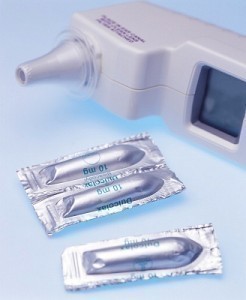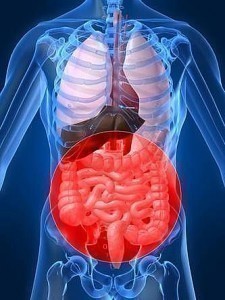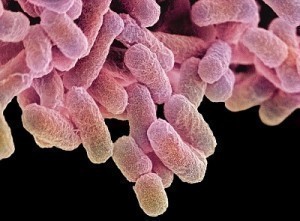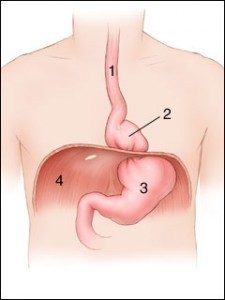Radiating Gas Pain
Passing gas is normal, but there are times when it can cause severe pain. Knowing the reasons for it should help when trying to reduce the pain and the occurrence.
Causes of Gas Pain
The most frequent cause is swallowing some air. When the air goes through the body, it ends up in the lower digestive tract and gets out as gas. Other culprits are vegetables, grain and numerous fruits.
In some cases, chronic illnesses increase passing gas frequency. These ailments include diverticulitis and inflammatory bowel disease. Another possible source is ulcerative colitis or Crohn’s disease.
Other possible culprits are laxatives, antibiotics and some additives. These additives are often found in candies and chewing gum. In addition to the stomach pain, some individuals get diarrhea. Others who become susceptible to it are those who are lactose intolerant.
Gas Pain Symptoms
The most common indication is of course gas passing. This can be either flatus or belching. The more severe cases result in sharp, stabbing pain in the abdomen. Sometimes the pain is experienced at the lower stomach area. Other times it will be at the upper section.
In some instances the sensation is felt on the uppermost left section. When this happens it’s misconstrued as a stroke. When the pain hits the right, it’s incorrectly thought of as gallstone.
Other symptoms include bloating of the abdomen. In some cases the stomach feels very hard.
Gas Pain Diagnosis
The doctor will monitor your stomach for any hollow sounds. If there is, it’s indicative of too much gas. Next your doctor will check for any of the symptoms mentioned earlier. You may also be asked if you’re experiencing nausea, vomiting or diarrhea.
If the pain is accompanied by bleeding or weight loss, further tests may be conducted. More tests will take place if you have a fever too. Your medical history will also be examined.
Because food is the central factor, you’ll be asked about dietary habits. Aside from medication, a change in diet may be recommended. The medication you’ll be given depends on the pain intensity.
Gas Pain Relief
Taking some peppermint tea may help. Menthol has been shown to remove some of the pain associated with flatus. You can also try fennel or anise. An antacid can bring relief too.
After eating, mix 1 tsp of fresh ginger and 1 tsp of lime juice. Drink it. Alternatively you can mix powdered root in boiling water. Let it simmer for 5 minutes and drink 3 times daily.
Lessen your vegetable intake. These include cauliflower, artichokes, and onions. Also limit the apples, pears and asparagus you eat. Candies, whole wheat bread and muffins should be consumed sparingly too. Also try to limit the amount of milk you drink.
Taking walks after meals and chewing slowly is recommended. Avoid rushing when you eat. If possible eat more but smaller portions rather than just three big ones every day.
Most of the time gas pain isn’t serious. When the gas dissipates, so will the discomfort you’re experiencing. With the right diet, the odds of it occurring will be reduced too.






